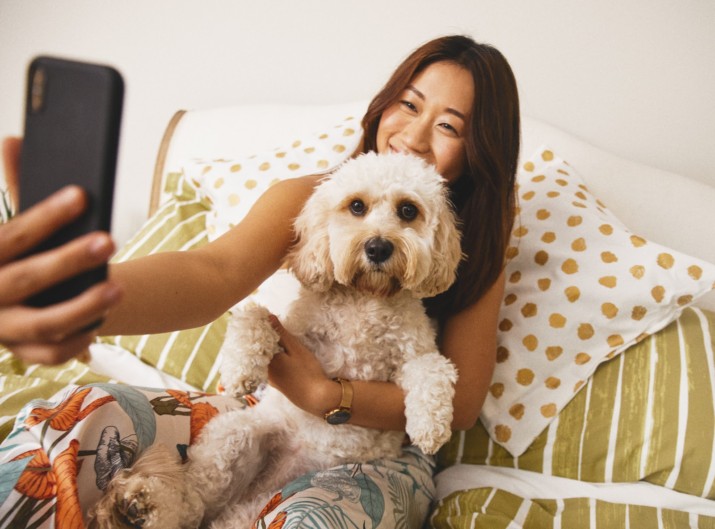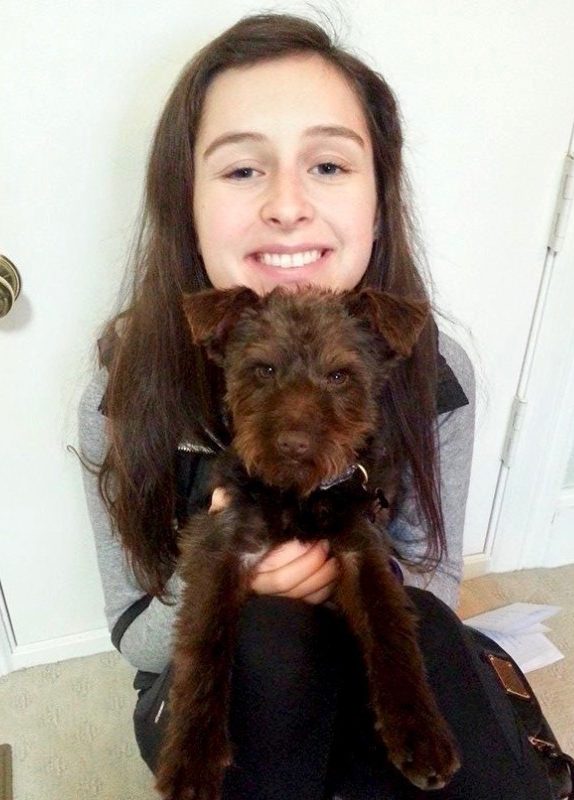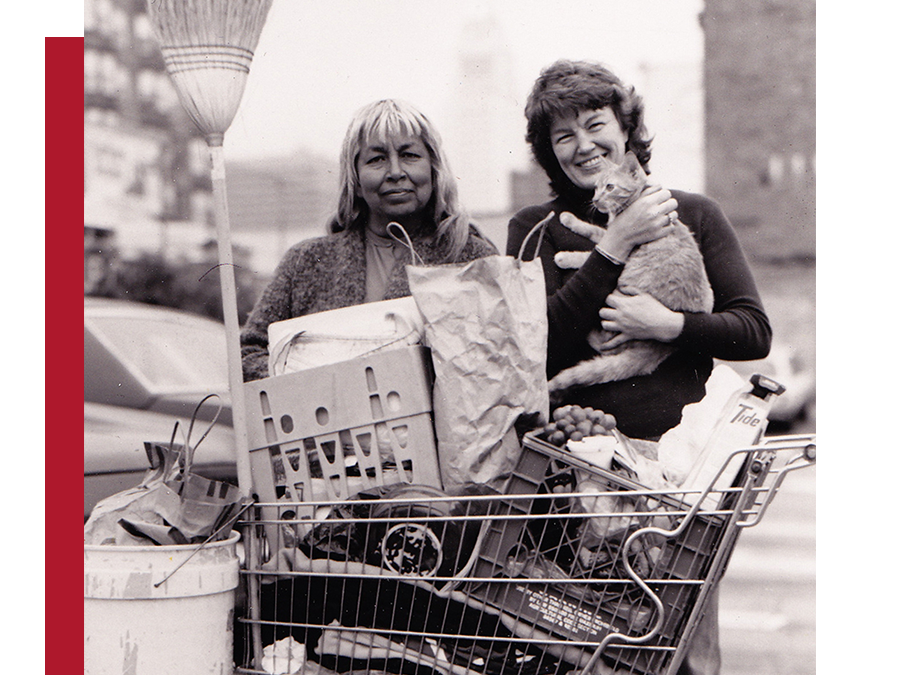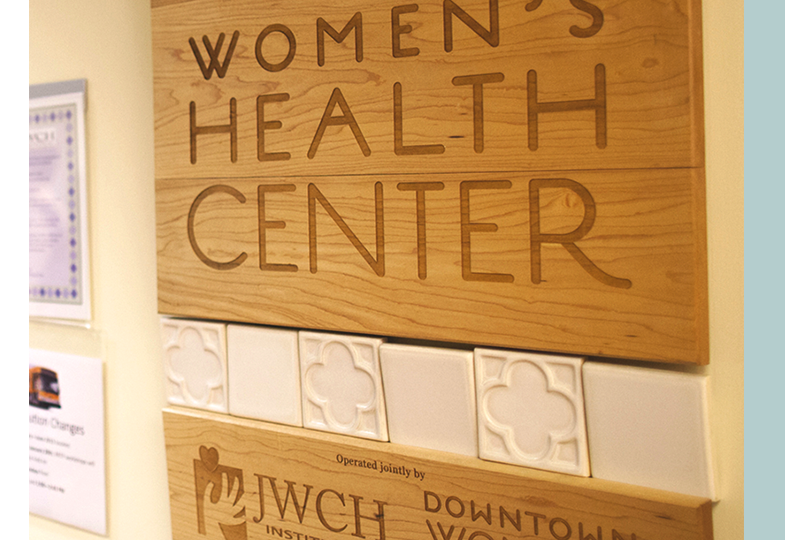
by Isabel Klein | Apr 9, 2021 | Feature, General, News
Lifestyle Story: Los Angeles, CA. Did you know that nearly one in three Los Angeles singles surveyed are more likely to swipe right on someone if they have a dog pictured in their dating app profile? Singles are working to resume dating as pandemic restrictions finally ease and pet owners may have an edge. As National Pet Day approaches on Sunday, April 11th, new research from the women-first dating platform Bumble has found that dogs may be the key to romantic success when dating in Los Angeles.
“More than ever, people are looking to connect with those who share their values and interests as we’re navigating this new world of dating,” said Bumble Dating Expert Francesca Hogi. “Los Angeles consistently ranks as one of the top pet-friendly cities in the United States, and this has translated on the Bumble app, too, where more than one in three Angelenos who have adopted the Pet Badge are dog owners.” 52% of those surveyed thought that a person with a dog seemed more likely to be caring. According to the survey, conducted in March 2021 amongst Los Angeles singles, nearly one in three people believe that if a prospective romantic partner has a dog, it shows they’re less afraid of commitment.

Singles who want to show off their sensitive side should consider posting a photo with their dog on their dating app profile.
Including a photo of a dog in your profile can also be an easy conversation starter, as one in three Angelenos surveyed say that this could spark effortless conversation on a first date. In fact, nearly one in four respondents would actually prefer to walk their dog or go to a dog park for their first date, and one in five Los Angeles singles say that their dog getting along with their potential partner is a top dating priority for them.
If going to the dog park isn’t an ideal date scenario, embrace the sunny weather and suggest bringing your dog on a walk to the beach or visiting the farmer’s market. Nearly half of those surveyed would prefer a casual date outdoors for their first date.
People often include photos of their pets on their profiles, but Bumble’s Pet Badge also allows its community to easily share if they’re an animal lover and what pets they have. People can also filter their matches to find other people who love dogs (or cats) as much as they do. According to the survey, those who adopt the “Dog Badge: increase their chances of matching with someone by nearly 10%.
Bumble Dating Expert Francesca Hogi explains, “As a fellow dog mom and lover, dogs can be beneficial to romance at so many stages – from the first swipe to the qualities you develop as a pet owner to the bond it creates as a couple!”
As folks are spending more time at home with their pets during quarantine, they’re also more frequently including this within their dating profiles. Millions of people worldwide added the Dog Badge to their Bumble profile after the Covid-19 pandemic started in the US in March 2020.
About Bumble app: Bumble, the women-first dating, and networking app, was founded by CEO Whitney Wolfe Herd in 2014. Bumble connects people across dating (Bumble Date), friendship (Bumble BFF) and professional networking (Bumble Bizz). No matter the type of relationship, women make the first move on Bumble. Bumble is built on the importance of equitable relationships and how crucial they are to a healthy, happy life. They’ve built their platform around kindness, respect, and equality – and their community plays an important part in that. Bumble holds its users accountable for their actions and has zero tolerance for hate, aggression, or bullying. Bumble is free and available worldwide in the App Store and Google Play.
Unless cited otherwise, these insights were commissioned by Bumble and carried out by Atomik Research in March 2021 to 806 daters within Los Angeles, California, U.S. Other observations were based on proprietary Bumble platform insights within Los Angeles during March 2021.

by Yasmin Vieira | Oct 30, 2020 | Feature, General, News |
Los Angeles, CA. Over the last forty years, The Downtown Women’s Center (DWC) has helped nearly 110,000 disadvantaged women with meals and housing. DWC was launched in 1978 because of the friendship between two women; Jill Halverson (pictured on the right above) created the nonprofit to help an inspiring homeless woman, and friend named Rosa (pictured above on the left). During the four decades that followed, DWC has grown into a nonprofit providing many vital services to disadvantaged women. DWC is the only organization in Los Angeles focused exclusively on serving and empowering women experiencing homelessness and formerly homeless women.
DWC representative Anita Vukovic says it’s hard to keep up with all the need, especially during a pandemic. “A lot of DWC work had to change due to consideration of social distancing measures, our community is especially vulnerable to COVID-19 due to underlying health conditions that many women experience. Our community is usually 55 years old and older,” Vukovic explained. DWC is able to provide more than 800 meals a day and offer on-site services in its parking lot, which enables social distancing. “Our health clinic also continues to operate Tuesday to Friday.”

Today, DWC manages 119 units of permanent housing across greater Los Angeles (like the apartment seen above) and has grown to serve more than 5,400 women annually.
DWC was recently selected as one of the 2020 California Nonprofit of the Year by California Senator Holly Mitchell of the 30th Senate District. DWC is one of over a hundred other nonprofits that will be honored by their state senators and assembly members for their contributions. State leaders want to honor DWC staff and volunteers, because they provide women with access to basic needs and resources, housing assistance, trauma-informed case management, mental and physical healthcare, job readiness and workforce development, and advocacy training and resources. “As our services expand to meet the community’s growing needs under COVID-19, we are deeply humbled to be recognized as a 2020 Nonprofit of the Year,” said DWC Chief Executive Officer Amy Turk. “DWC’s decades-long relationship with Senator Mitchell has always been a special one, and we are thrilled to continue working with her to bring greater visibility and resources to women experiencing homelessness in Los Angeles and across California.”

Women’s Health Center Clinic, DWC.

The Covid-19 pandemic has also made it difficult for DWC to use outside helpers.
“Volunteers have been the heart of our community in everything we do and how we are able to serve women,” says, Vukovic. DWC is still looking for opportunities to get their volunteers together. In September DWC had a three-week virtual campaign. “We saw a lot of positive feedback and engagement with that, people were really excited to be able to engage. We are looking into actually continue with that into the future.”
From Women’s Health Center:
How can you be informed on Housing First and Trauma-Informed:
- Access to basic needs and resources through our Day Center, where women can receive three daily meals and access to showers, restrooms, mail, laundry, and telephones.
- On-site housing and supportive services, with our 119 units of permanent housing across two residences making us one of the largest housing providers for women in the country.
- Community-based housing services, provided in partnership with the Los Angeles County Department of Health Services, the Los Angeles Homeless Services Authority (LAHSA), the Governor’s Office of Emergency Services, and various private foundations and corporations.
- Health and wellness services, including individual and group counseling, medical care, mental health services, preventive screenings, Trauma Recovery Center services, and enrichment activities.
- Job readiness and employment training, as well as job placement services and transitional jobs at MADE by DWC, in partnership with LA:RISE.
- Advocacy training, to empower women to become successful advocates for themselves and others by participating in press interviews, public policy meetings, lobby visits with legislators, fundraising events, press conferences, and more.
- Public education and volunteering, with a volunteer program that engages over 5,000 individuals annually.
- Research and evaluation, to continue to push the envelope on creative solutions to ending homelessness by providing real-time data on needs and impacts (see the DWC 2019 Los Angeles City Women’s Needs Assessment here).
We envision a Los Angeles with every woman housed and on a path to personal stability. Our mission is to end homelessness for women in greater Los Angeles through housing, wellness, and advocacy.










